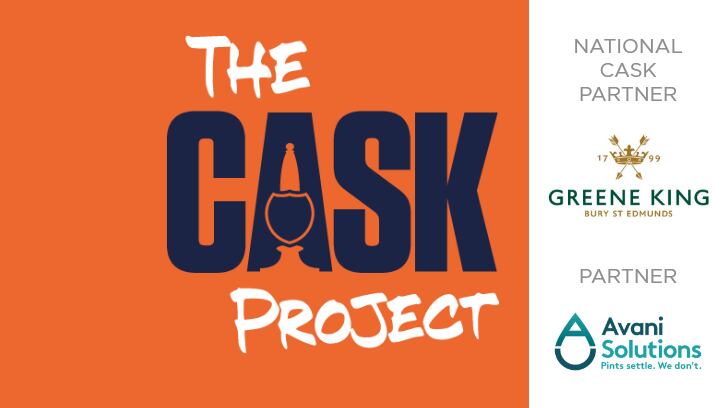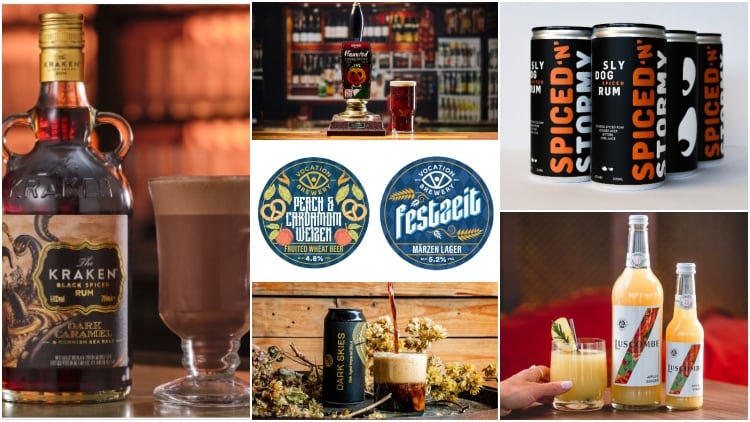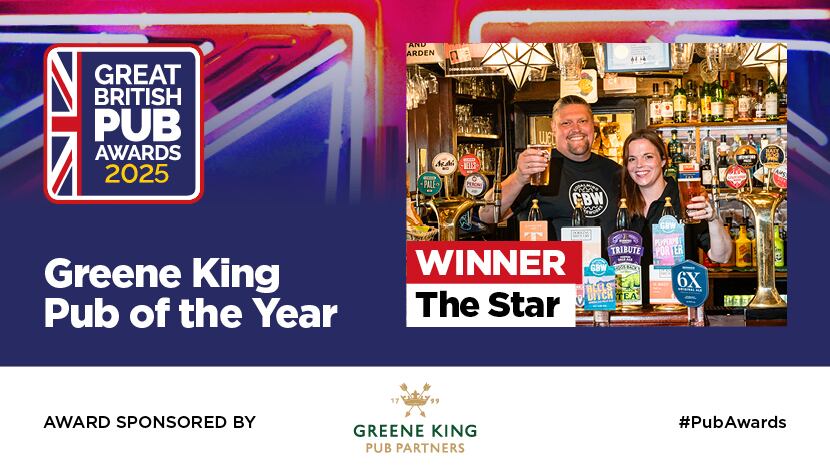Viewers had the chance to ask questions during the webinar – which you can watch by clicking here – and although we got through a few of them, there were more the panellists didn’t get a chance to answer.
Fortunately, two members of The Cask Webinar panel, which was sponsored by Greene King, have been able to answer these burning questions subsequently and here are the answers.
Q. Richard asked: “How can we as brewers get publicans to treat the product with care and respect so the customer gets the best pint?”
A. Greene King Gemma Woolnough-Smith, marketing manager at Greene King, said: “The care and respect for cask begins from the brewery to the glass.
“When every step is done right, customers naturally experience it at its best. We work closely with our customers to ensure cask is stored and handled correctly, providing training, guidance and support.
“Staff training and advocacy is also key because a manager’s enthusiasm will be infectious and helps team members truly understand how to care and present the product.”
Cask is a cornerstone
Q. Luke asked: “Why is the demand for cask beer falling, it seems the craft ale market is now such a mass production and it feels like we’re losing traditional cask beer breweries, which is a shame for the UK’s brewing industry?”
A. Greene King head brewer Jack Palmer said: “The beer market is evolving rapidly but cask remains a cornerstone of British brewing.
“While tastes and trends shift, Greene King is passionate about preserving traditional cask while embracing innovation.
“Collaborating with other breweries — both traditional and craft-focused — allows us to share expertise and experiment with new styles without losing the heritage that makes cask so special. By working together across the industry, we hope to protect cask for future generations.”
Q. Sam asked: “With cask volume and sales struggling across the country – how can we attract the next generation of cask drinkers to discover cask and stem the decline?”
A. Woolnough-Smith said: “Cask is at the heart of British brewing and we’re passionate about continuing to drive that message.
“Attracting new drinkers means showcasing cask at its best – fresh, flavourful and perfectly kept – while creating exciting experiences and exploring new ideas that encourage people to discover it.
“By combining innovation with tradition, we can show that cask isn’t something of the past, it’s a vibrant part of modern pub life.”
Better operational efficiency
Q. Sam asked: “What is everyone’s opinions on moving from firkin to pin as a way to increase quality and throughput as a way to stop wastage and, ultimately, category decline – and what has your experience been with this?”
A. Palmer said: “We have had continued success of introducing pins into channels to support the cask offering and feedback from customers has been positive.
“Not only have pins delivered a material increase in quality but they have also supported better operational efficiency with noticeable improvements in cask yield and reductions in wastage.
“It’s important pins are used for the right reasons, whether during quieter periods or to expand the cask offering on the bar, as this helps deliver effective results for our customers.”
Q. Tom asked: “Great to hear pins might be coming back onto the scene. However, many wholesalers don’t offer them. Can you recommend some wholesalers who offer pins to the free-trade?”
A. Woolnough-Smith said: “We offer pins to our customers through our wholesale arm, Value for Venues, and we make sure it is the right route for each business.”
Q. Catherine asked: “How do you feel about hazy cask? We get customers asking for it and then others who are vehemently against it.”
A. Palmer said: “Differing opinions on cask show the passion and variety within the category, which is part of what makes it so special.
“When it comes to a hazy cask ale, which isn’t usually on the bar and may be more of a niche preference, ordering as a seasonal beer would give venues the chance to experiment and see what works with their guests and understand demand.”





